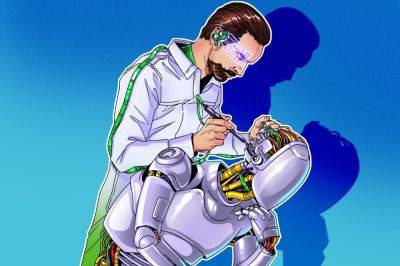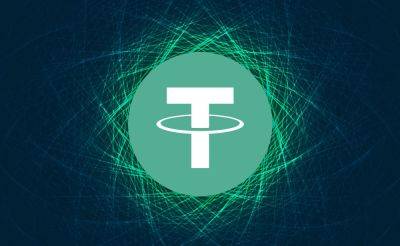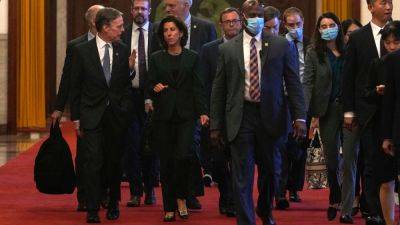5 things crypto must get right for mainstream adoption to happen
Crypto functions much like traditional fiat money, offering an easy way to pay for goods and services and compensate workers for their labor. What’s even more promising is that crypto offers a number of benefits over fiat, with its decentralized nature eliminating the need for centralized intermediaries. Depending on the blockchain, transactions can be processed much more quickly than traditional payments are.
These added benefits have attracted the eye of a growing number of institutional figures and prominent politicians who acknowledge the economic advantages of crypto. In the last few years, the adoption of crypto has soared, and Bitcoin has even been made legal tender in countries such as El Salvador and the Central African Republic. But crypto still has a long way to go before it can claim that mainstream adoption is a reality. In fact, there are still a number of significant hurdles that prevent it from happening.
More people are beginning to show an interest in crypto and trying to understand how it all works. Respected educational institutions such as Stanford University and New York University now offer graduate college courses in crypto, and many European establishments are going the same route. Of course, while these courses will help create a new generation of crypto innovators, they won’t do much to educate our existing legislative leaders, who simply have to be convinced of crypto’s benefits to succeed in mainstream adoption.
Still, there are encouraging signs here too. In 2021, six members of the U.S. Congress admitted they regularly bought and sold crypto. Politicians in other countries have also made favorable statements regarding crypto. For instance, the U.K.’s Prime Minister, Rishi Sunak, was a vocal
Read more on cointelegraph.com






















